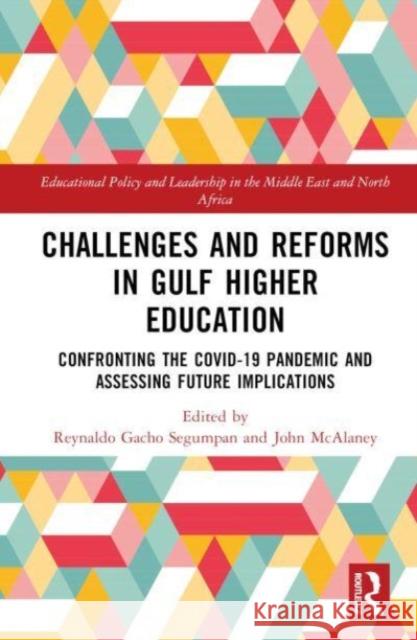Challenges and Reforms in Gulf Higher Education » książka
topmenu
Challenges and Reforms in Gulf Higher Education
ISBN-13: 9781032588223 / Twarda / 2023 / 256 str.
Challenges and Reforms in Gulf Higher Education
ISBN-13: 9781032588223 / Twarda / 2023 / 256 str.
cena 759,15
(netto: 723,00 VAT: 5%)
Najniższa cena z 30 dni: 654,86
(netto: 723,00 VAT: 5%)
Najniższa cena z 30 dni: 654,86
Termin realizacji zamówienia:
ok. 16-18 dni roboczych.
ok. 16-18 dni roboczych.
Darmowa dostawa!
This edited volume explores the educational reforms and challenges in higher education in the Gulf countries during the COVID-19 pandemic.











